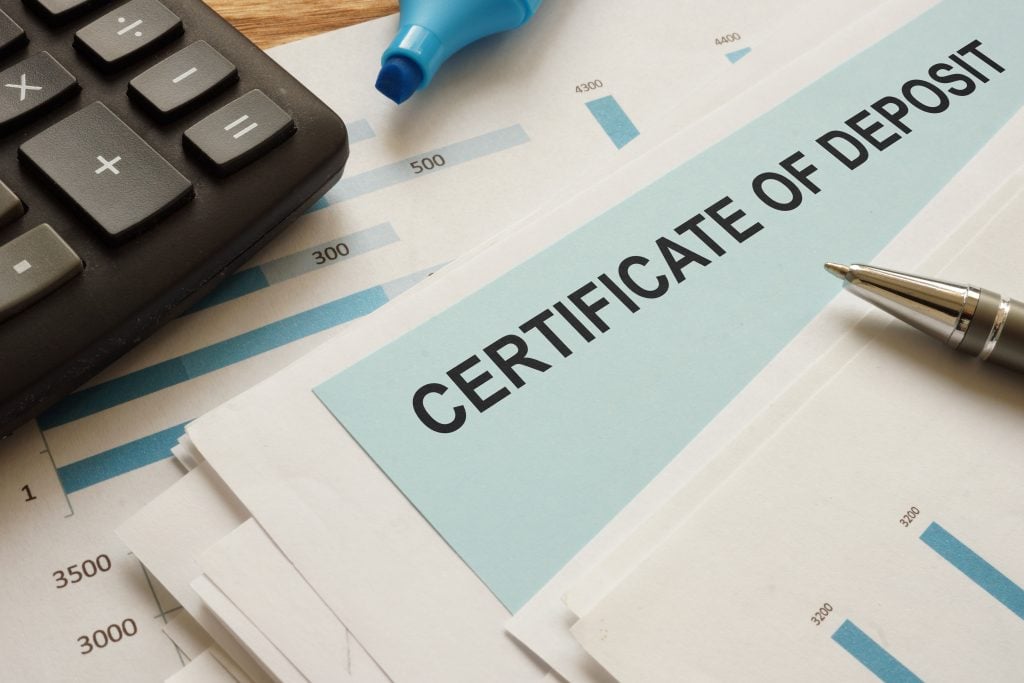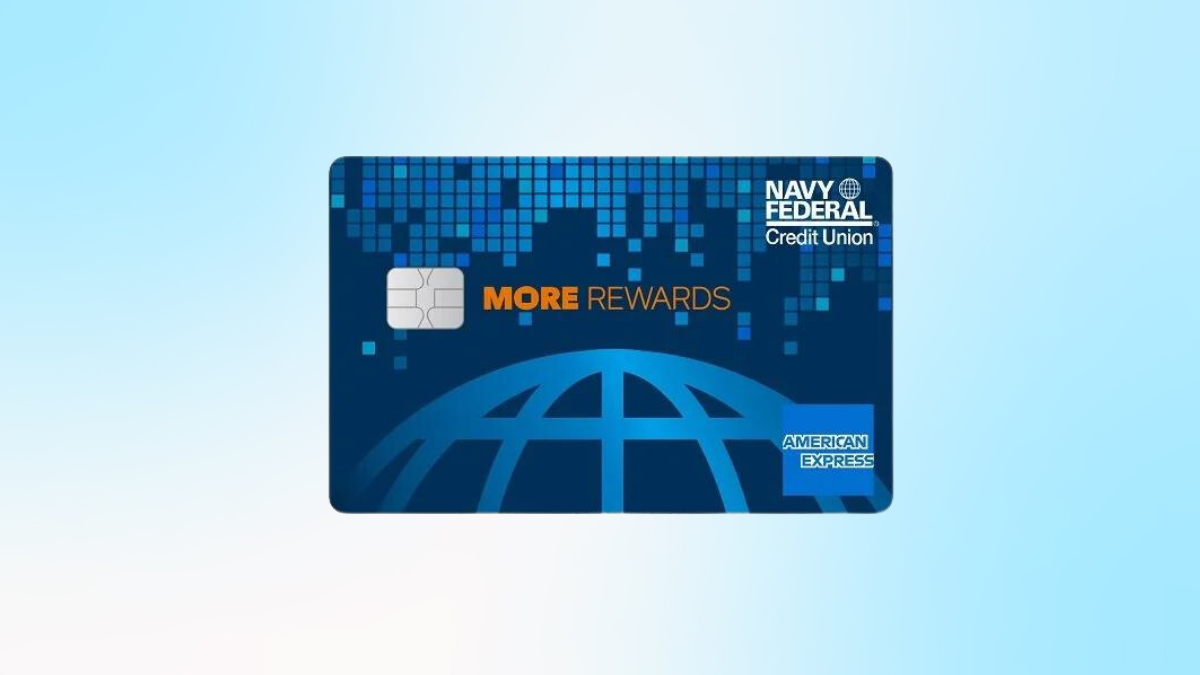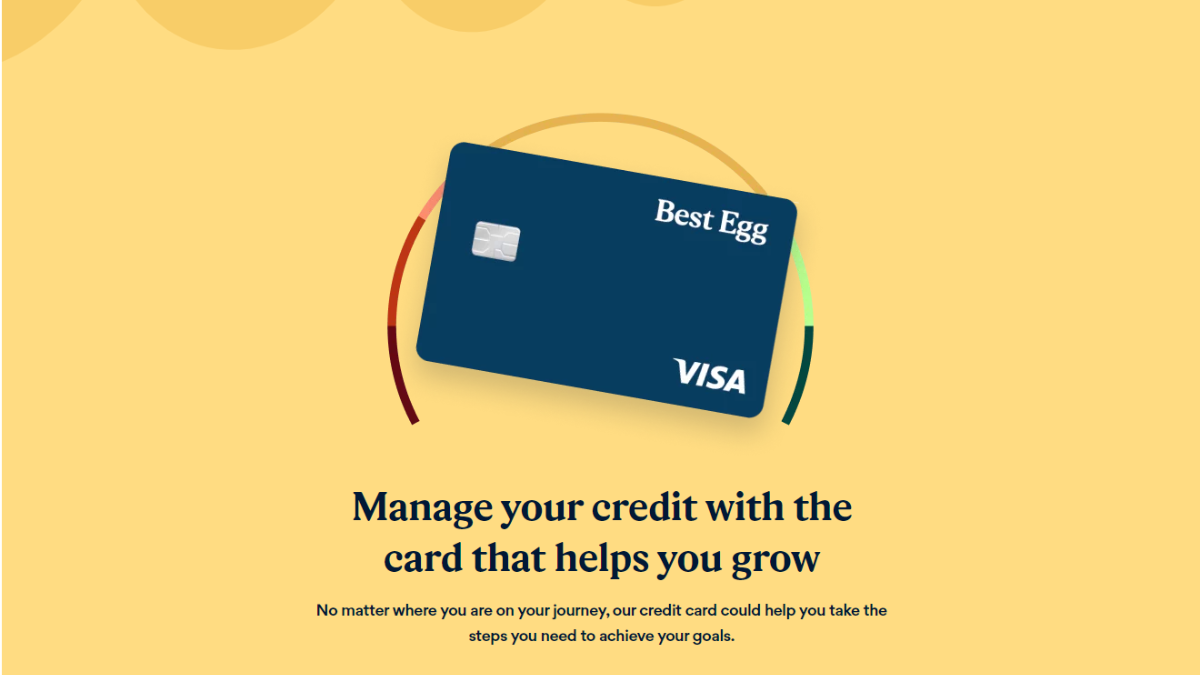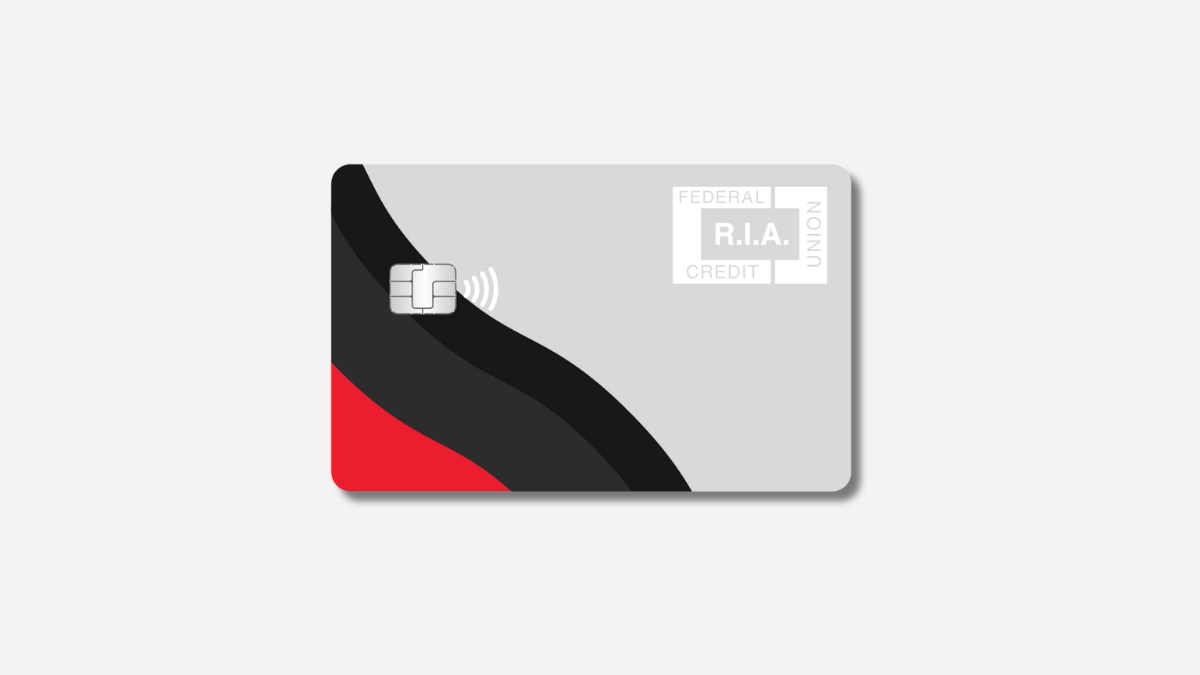Finances
Certificates of Deposit: what is and how does it work?
What is the best way to save your money for the future? Is it a savings account or a certificate of deposit? Read this article to find out if a certificate of deposit is the best for you.
Advertisement
Learn all the pros and cons of certificates of deposit

To start your investments, you must know what certificates of deposit are. After all, there are several ways to invest your money, and the more you know about the subject, the better.
Certificates of deposit divide the specialist’s opinions. Some love it, and some don’t. However, it has a lot to do with the preferences of each one and especially with the investment style. You can’t say that chocolate cake is bad just because you don’t like it, right?
Do you already know your investment style? For “place it and leave it” investors, certificates of deposit are an excellent option. It will give you a guaranteed return, and all you need is the initial investment and patience while your money (and the bank) work for you.
But let’s get down to business. We’re here to explain a little more about deposit certificates and their pros and cons. Please, read this article to learn even more about investing with The Mad Capitalist.

Personal loan interest rate: what is it?
Personal loan interest rates can vary depending on the lender, the amount you borrow, and your credit score. Curious to see how everything works? Check out this article,
You will be redirected to another website
You’ll receive messages for less than 1 week, with a maximum of 1 message per day. You can unsubscribe anytime by replying STOP. By submitting this form, I confirm that I am 18+ years old and agree to the Privacy Policy and Terms and Conditions. I also provide my signature, giving express consent to receive informational messages via automated emails, SMS, MMS text messages, and other forms of communication. Message frequency may vary as part of our good-faith effort to respond to your inquiry. Message and data rates may apply. Text STOP to cancel. I understand that my consent to receive communications is not a condition of purchase and that I may revoke my consent at any time.
Advertisement
What is a simple definition of certificates of deposit?

A certificate of deposit is a more efficient way to store your money than a savings account. We are talking here about money that you just intend to save, with no expectation to make it yield a lot or move it from one side to the other.
Very simply, a certificate of deposit is an agreement between you and the bank in which you deposit a certain amount of money and receive a certificate for this financial product. In exchange for this investment, the bank will pay you interest just like savings accounts, but with better rates.
However, the good thing about a savings account is that you can withdraw as much money as you want from this account whenever you want (usually up to 6 withdrawals per month, which despite being a limitation, is more than enough). This is not the case with certificates of deposit.
By purchasing this product, you agree to keep the money there for a certain period of time. The most common terms are usually 3, 6, or 18 months. However, you can find certificates of deposit with terms of up to 5 years. And of course, the longer you leave your money with the bank, the higher the interest return. If you withdraw the money early, you will have to pay a fine, and you may not receive any profit.
Is there a risk or advantage of a certificate of deposit? Pros and cons

So, now that we already know what is a certificate of deposit, we can talk about the pros and cons of achieving one. Of course, they are not just pros. But is not that the cons are bad, is just a matter of weighing the benefits and the disadvantages. Take a look at them and decide for yourself.
Advertisement
Pros:
Low risk
With a certificate of deposit your money is not at risk, and you have guarantee of returns. Usually, you have fixed rates that give you good predictability of your returns, and you’ll never get less than your initial amount.
Advertisement
Higher rates than savings accounts
If you’re not thinking about investing your money in assets, keeping it as certificates of deposit is a better option than a savings account. That’s because the interest rates are higher, much because you agree to keep the money there for a longer time. This gives the bank more time to work on your money and make it grow.
Get rid of monthly fees
Typically, the bank will not charge you any maintenance fees for your certificate of deposit. Savings accounts usually charge them.
Cons:
Low flexibility
Buying a certificate of deposit will immobilize your money for as long as you agreed on the contract. If you need the money for some emergency, or you decide you want to invest in something else, you’ll have to pay a fee to withdraw your money if the certificate of deposit is not mature yet. So, if you don’t have any other source to use in an emergency, maybe you’re better to keep it in a savings account.
This is also one of the reasons why some investors do not recommend purchasing certificates of deposit. They say it makes no sense to immobilize your money for a small gain. After all, having your money in hand gives you the possibility to take advantage of opportunities. At any time, a better investment opportunity may appear, due to some rate that is more favorable, or a business with good chances of success. In these cases, having more flexibility will give you more advantage.
Lower interest rates than other types of investments
As much as they pay you more interest than savings accounts, the interest rates are much lower than many other types of investments. You could use this money to buy assets like bonds, stocks, mutual funds, real estate investment funds, etc. Certificates of deposit work more as a way of setting aside money for the future, putting it out of sight to prevent it from being spent. If you don’t have an investor profile or tend to overspend, this can even be advantageous. However, with better access to investment information and apps that have made this area more accessible to the general public, you could risk a few steps towards less conservative and more profitable investments.
Pay attention to inflation and interest rates
Certificates of deposit are subject to interest rates. If they are high you will earn more, and vice versa. If interest rates drop too low it will hurt your earnings. Another aggravating factor is inflation. Certificates of deposit don’t earn much, so if inflation picks up it can swallow your earnings. In other words, your money will be worth more or less depending on inflation. It’s no use for your money to increase if the price of everything around you has increased even more. For example, if your salary increases by $200, but your rent and electric bill increase by $300 in the same period, you are no better off. This would be the relationship between the interest you earn and the inflation on the things you would buy.
These is some of the pros and cons of certificates of deposit. What do you think? Is this what you are looking for to save your money? If you’d like to learn more about other ways to invest your money, we’ve prepared a glossary to help you get started. So, check out the article and tell us how many of these terms you already know.

A small glossary of investment terms.
Do you know what a bond is? And what about stocks or IPO? These are investment terms, and we'll talk more about them in this content.
Trending Topics

Navy Federal More Rewards American Express® Card Full Review
Read our review of the Navy Federal More Rewards American Express® Card - earn 25K bonus points and up to 3 points on purchases!
Keep Reading
Best Egg Visa® Credit Card Review: $0 annual fee
Looking for an honest review of one of the most popular credit cards on the market? Learn about Best Egg Visa® Credit Card in this review!
Keep Reading
U.S. Bank Smartly™ Checking application: how does it work?
Looking to apply for U.S. Bank Smartly™ Checking? Let us guide you through the process and make banking easier than ever before.
Keep ReadingYou may also like

Chase Total Checking® review: everything you need to know
Have you been thinking about opening a checking account? Check out our Chase Total Checking® review. Enjoy Zero Liability Protection.
Keep Reading
A Guide to Mortgage Forbearance: what it is and how it can help
Unsure what mortgage forbearance is? Here's a guide explaining everything, including when to use it and how it works. Read on!
Keep Reading
R.I.A. Federal Credit Union Mastercard® Classic Card: apply today
Ready to take control of finances? Learn how to apply for the R.I.A. Federal Credit Union Mastercard® Classic Card today - $0 annual fee!
Keep Reading